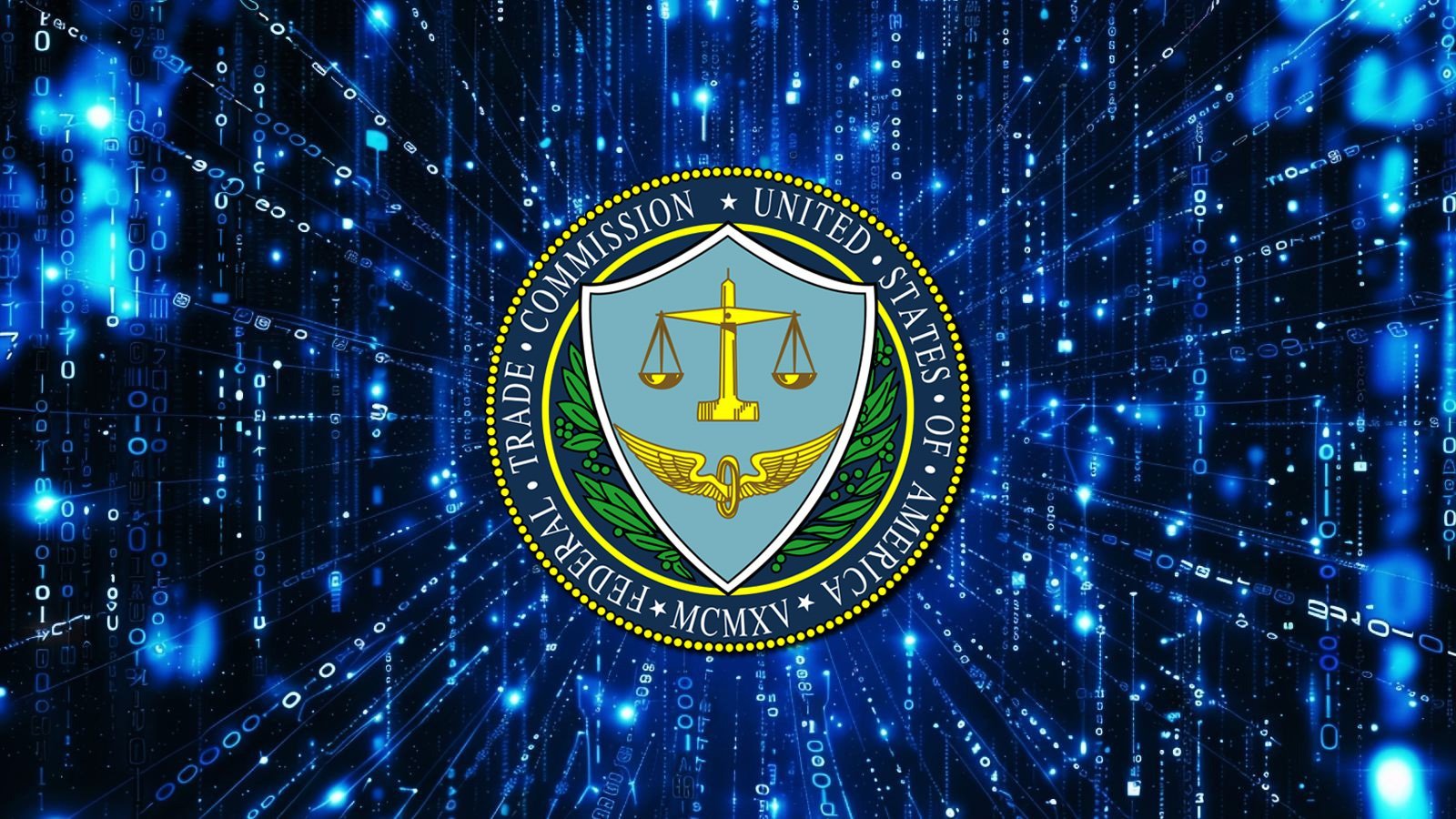FTC Cautions Tech Giants Against Yielding to Foreign Pressure on Encryption Practices
The Federal Trade Commission (FTC) has issued a warning to major U.S. tech companies regarding compliance with foreign government demands that could undermine data security, compromise encryption, or impose censorship on their platforms. FTC Chairman Andrew N. Ferguson signed a letter addressed to prominent American firms, including Akamai, Alphabet (Google), Amazon, Apple, Cloudflare, Discord, GoDaddy, Meta, Microsoft, Signal, Snap, Slack, and X (Twitter). Ferguson emphasised that yielding to such demands, particularly without notifying users, would violate the FTC Act and expose these companies to potential legal repercussions. The letter references foreign regulations, such as the European Union’s Digital Services Act and the United Kingdom’s Online Safety and Investigatory Powers Acts, highlighting the risks posed to American users’ freedoms and data security.
Ferguson expressed concern that foreign powers imposing censorship and weakening end-to-end encryption could erode the freedoms of Americans, leading to increased risks of surveillance, identity theft, and fraud. He cautioned that companies might inadvertently simplify compliance with foreign laws by censoring content or increasing surveillance, even when not legally required. The letter underscores the legal obligations of U.S. firms under the FTC Act, which prohibits unfair or deceptive practices in commerce. It mandates truthful representations regarding data security and privacy, the implementation of reasonable security measures, and disclosure obligations when faced with foreign demands. The letter concludes with an invitation for recipients to meet with Ferguson on August 28, 2025, to discuss navigating foreign regulatory pressures while safeguarding customer data security.
Categories: Data Security, Foreign Government Influence, Legal Compliance
Tags: FTC, Data Security, Encryption, Censorship, Foreign Governments, Legal Obligations, Digital Services Act, Online Safety Act, Surveillance, Identity Theft
